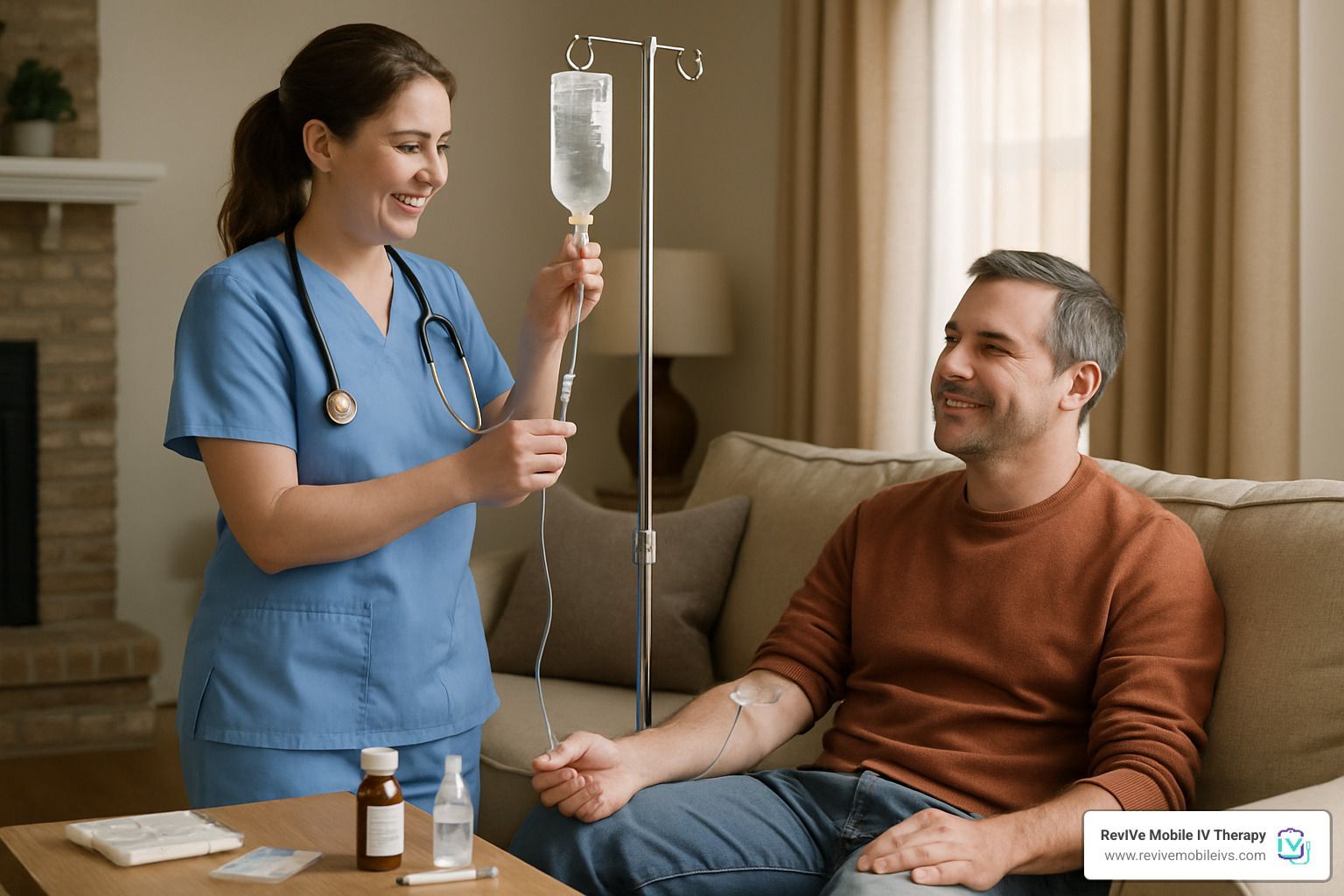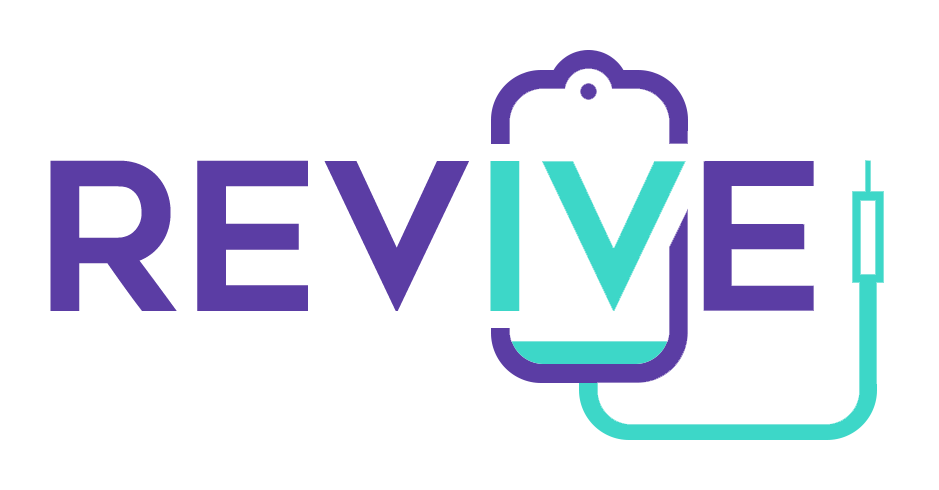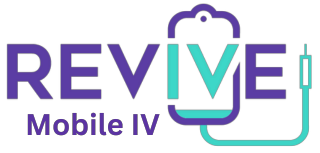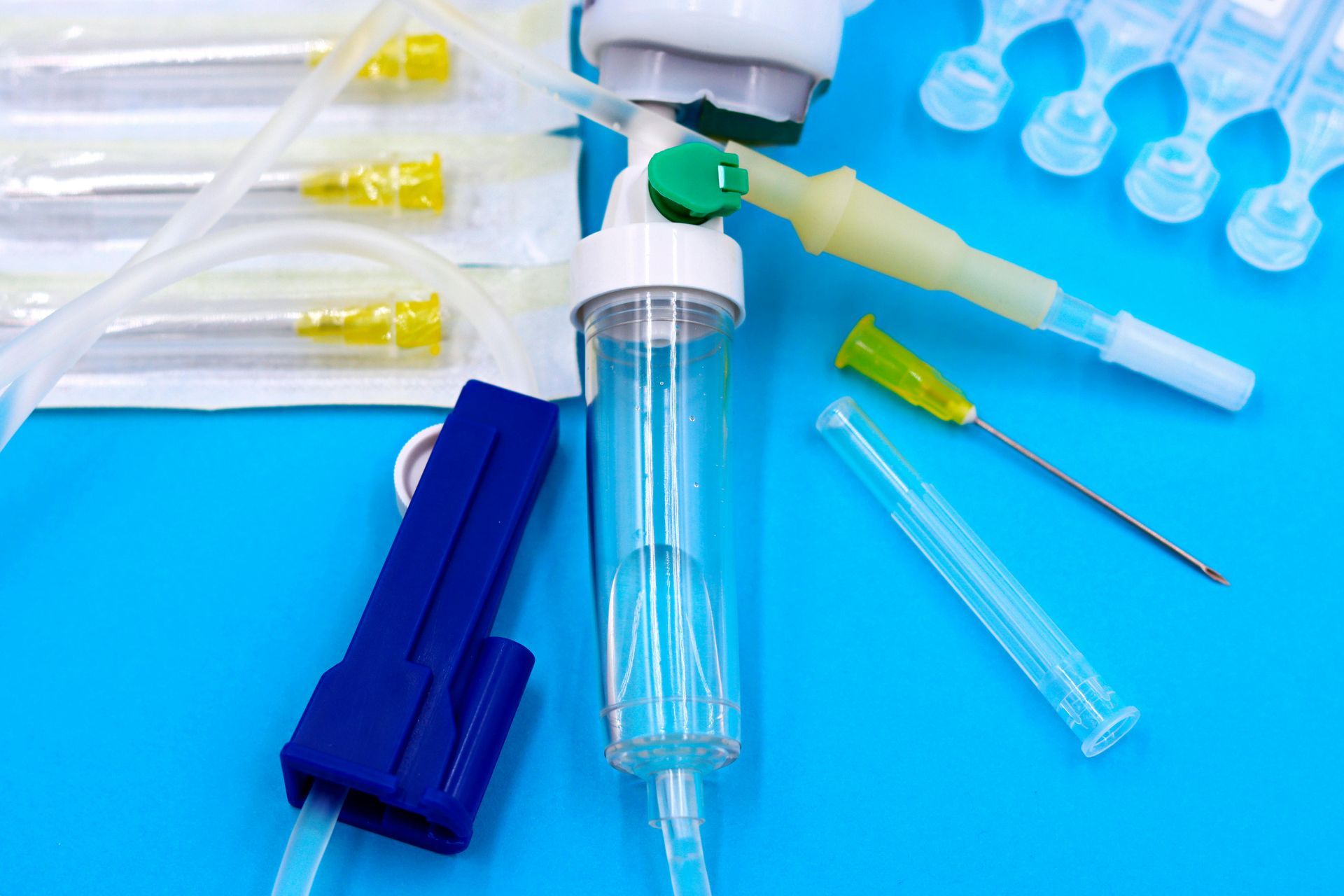When Do You Need IV Fluids for Electrolyte Imbalance?
You've felt dizzy before. Maybe it was after a workout. Or a bad stomach bug. This feeling is a sign. It means your body fluid balance is off.
Electrolytes are minerals that control hydration, nerve function, muscle contractions, and cell function. These minerals include sodium, potassium, calcium, and magnesium. Electrolyte imbalances occur when levels are too high or too low. Mild cases often respond to oral fluids or electrolyte drinks; however, intravenous fluids may be necessary to correct serious imbalances.
Signs and Symptoms of Electrolyte Imbalance
Electrolyte imbalance affects the body in different ways depending on which minerals are disrupted. Some signs are mild and manageable, while others are more dangerous and require immediate care.
Common symptoms include:
- Fatigue or unusual tiredness
- Frequent headaches
- Muscle weakness or painful cramps (muscle contractions)
- Dizziness or lightheadedness
So, when do you need IV fluids for an electrolyte imbalance?
When Symptoms Persist or Are Severe
Mild electrolyte imbalances often improve with the consumption of water, electrolyte drinks, or balanced meals. But when symptoms do not improve or become severe, then electrolyte replacement therapy is needed.
Warning signs that show the need for IV fluids include:
- Severe confusion or disorientation
- Irregular heart rate or palpitations
- Confusion or difficulty concentrating
- Seizures or a drop in the level of consciousness
- Persistent nausea or vomiting that prevents recovery
In hospitals or clinics, anion gap blood tests confirm if you have electrolyte disorders. If repeated tests show no improvement, electrolytes in IV therapy provide faster correction and allow close monitoring of fluid status and blood pressure.
During Severe Dehydration
Electrolyte imbalance often occurs alongside dehydration, especially when body fluids are lost rapidly. Mild dehydration can be corrected with water and electrolyte drinks, but severe dehydration requires faster intervention through fluid and electrolyte therapy.
Signs that you need fluid resuscitation include:
- Extremely dry mouth and little or no urination
- Sunken eyes and skin that loses elasticity
- Faster heart rate
- Low blood pressure or feeling faint when standing
- Dizziness, weakness, or extreme fatigue
These symptoms show that your body lacks both fluids and essential electrolytes. If left untreated, severe dehydration can lead to heatstroke, kidney damage, or shock. Intravenous fluid therapy provides immediate relief by covering the fluid deficit. This method is important in cases of heat exhaustion, food poisoning, severe diarrhea, or recovery from illness where fluid shifts are high.
Intravenous fluid therapy with sodium chloride or normal saline provides immediate relief and helps restore blood flow and fluid balance.
When Oral Hydration Is Not Possible
Sometimes the problem is not dehydration itself but your body’s inability to absorb fluids. Conditions like persistent vomiting, severe diarrhea, or gastrointestinal illness prevent electrolytes from being processed through the stomach and intestines.
Oral solutions and electrolyte drinks cannot help if your body expels them before absorption. In these situations, no matter how much you drink, the electrolyte imbalances remain. This can quickly become dangerous, especially if fluid loss continues.
IV fluids solve this problem by bypassing digestion entirely. Nutrients and electrolytes are delivered straight into the blood vessels. This ensures rapid fluid deficit and electrolyte correction even when the digestive system is compromised or unable to function properly. With intravenous fluid therapy, balance is restored quickly and safely under a professional care team.
Underlying Medical Conditions
Some health conditions interfere with the body’s ability to absorb nutrients and fluids properly. When absorption is impaired, electrolyte imbalances and poor fluid management become recurring problems.
Conditions that affect absorption include:
- Crohn’s disease and ulcerative colitis: Inflammation damages the intestinal lining, reducing nutrient uptake.
- Celiac disease: Gluten sensitivity can flatten intestinal villi, which are critical for absorption.
- Chronic kidney disease: The kidneys regulate electrolyte balance, and dysfunction often leads to imbalances.
- Chronic diarrhea or malabsorption syndromes: Ongoing fluid loss prevents proper electrolyte stability.
- Post-surgical recovery: Certain surgeries, especially gastrointestinal, can temporarily reduce nutrient absorption.
For these patients, maintenance intravenous fluids with sodium chloride become necessary. Electrolyte IV fluids ensure reliable correction and help stabilize health when oral methods are inadequate.
In medical settings, providers monitor electrolyte levels through blood tests (anion gap blood test) and adjust electrolytes in infusions accordingly. This personalized approach helps prevent complications like fluid overload or fluid creep and supports long-term management of chronic health conditions.
Making the Call for IV Support

Once you know IV fluids are needed, the next step is to choose your care team. Not all providers offer the same level of safety or service.
Key factors to look for in a provider include:
- Qualified staff: Licensed medical professionals who can safely administer and monitor treatment.
- Convenience: Options like mobile IV services that save you a trip to the clinic.
- Personalization: Blends tailored to individuals' electrolyte needs instead of one-size-fits-all formulas.
- Comfort: A provider that values your experience and makes the process stress-free.
- Testimonials: Feedback from other patients can highlight trust, reliability, and quality of care.
Revive Mobile IVs combines these qualities, offering professional, convenient IV fluids wherever you are. With our licensed patient care team, you can feel confident getting the support you need without unnecessary stress.










